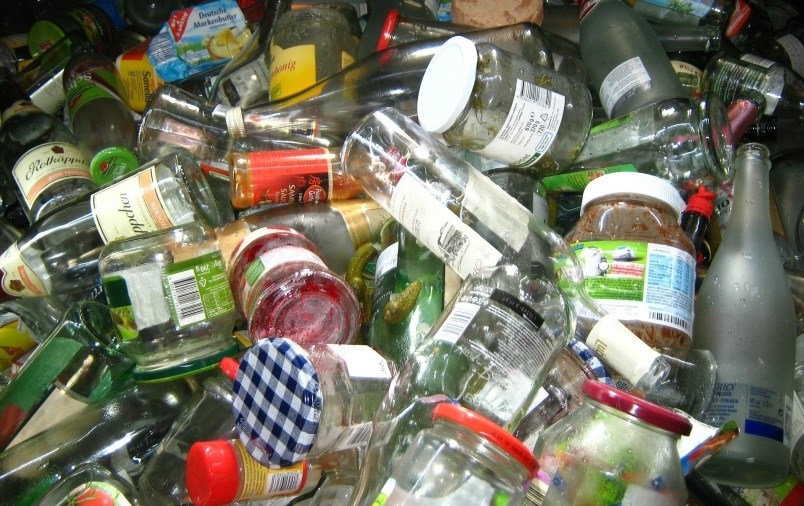There’s a lot of unanswered questions about the province’s proposed changes to recycling, and the city’s role, but one thing’s for certain – with the shift to a producer-pay system, municipal taxpayers are looking at about $1.5 million in annual savings.
“It makes me happy on two fronts,” Mayor Cam Guthrie said of the proposed changes. “One is of course on the financial side, but also on the obligation side. I think the obligation of producers having to pay … is also something to be celebrated.”
The province recently announced several changes to recycling in Ontario, including a shift from cost sharing between taxpayers and producers to a 100 per cent producer-pay system. The government’s proposal also includes expanding the list of items that can be recycled, expansion of recycling programs into rural and remote areas, as well as apartment buildings, longterm care homes, schools and municipal parks.
It will also harmonize recycling programs throughout the province. Currently, programs vary from municipality to municipality.
"We're creating a stronger and more effective blue box program that actually works," said Jeff Yurek, minister of the environment, conservation and parks, in a news release. "By harnessing the innovation and ingenuity of industry and expanding recycling opportunities for people and businesses across the province, we can divert more waste away from landfills by finding new purposes for products and reinserting them back into the economy."
The shift to producer-pay is expected to take $135 million annually off the backs of property taxpayers across Ontario. Guelph’s slice of that pie is $1.5 million, beginning in 2025, said Cameron Walsh, division manager of solid waste resources with the city.
“I think the circular economy concept is exactly the appropriate evolution of this program … to help mitigate climate change,” said Walsh. “It’s the right thing to do, the right evolution. We just need to adapt to the circular economy principles and philosophy. That’s our challenge now, so we’re moving to respond to it.”
That response, Walsh explained, involves figuring out what role the city will play in recycling and collection of those materials. Will those services be taken over by a provincial entity? Or perhaps the city will be contracted to conduct that work?
“It’s very complex, especially for Guelph, which owns and operates the entire system. Other folks would have maybe collections under contract so the contract would pass on to the producers,” said Walsh. “For us, we have the assets, we have the people … it’s all in-house.”
If the province’s proposal is approved – it’s open for public feedback until Dec. 3 – the list of materials accepted by recycling programs will be expanded to include paper and plastic cups, wraps, foils, trays and bags, as well as other single-use items such as stir sticks, straws, cutlery and plates.
“I believe the proposed regulations have made some really good steps forward,” said Guelph MPP Mike Schreiner, leader of the Ontario Green Party, noting he wishes they took effect sooner.
“Municipalities are really struggling financially, so making this transition sooner, I think would be good,” he added. “The province is quickly running out of landfill capacity, so the sooner we can start reducing the amount of waste we produce in the first place the better. That’s what this is really designed to do.”
Schreiner would also like to see industrial and commercial operations brought into the recycling system.
“That’s the largest-growing segment of waste and it has, by far, the lowest recycling rate,” he said. “Expediting extended producer responsibility to the commercial/industrial sectors is vital.”
Harmonizing the recycling programs throughout Ontario will help clear up some confusion, the MPP added.
“Standardizing recycling standards across the province makes a lot of sense to me. There’s a lot of confusion from people who are moving or visiting family or maybe they’re at home versus their cottage, etcetera.”
That confusion, Walsh noted, “leads to processing issues and contamination issues” which will hopefully be lessened or resolved with harmonization.
